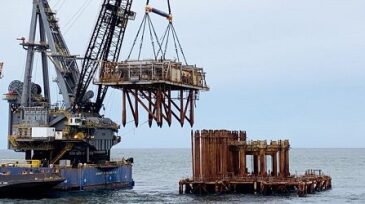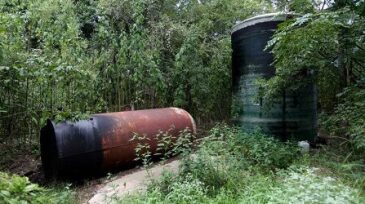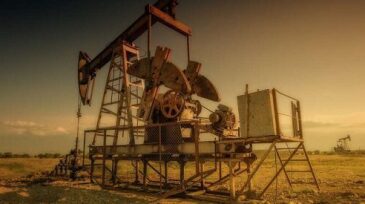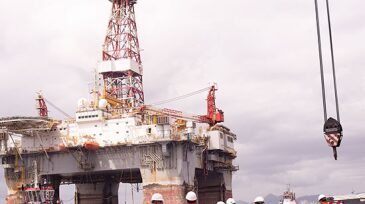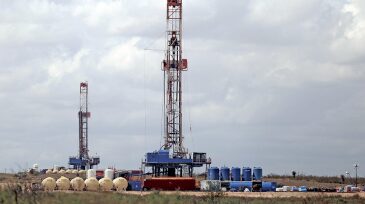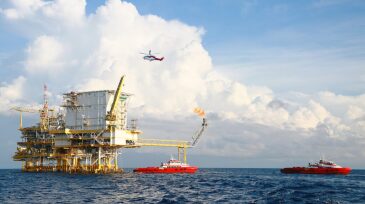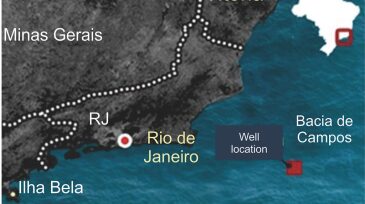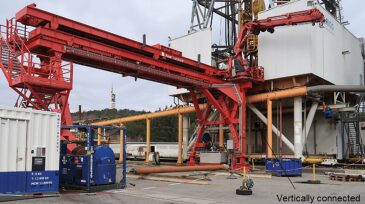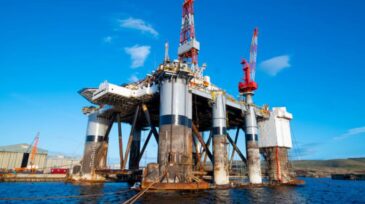Decommissioning
Despite a 2.8% drop in liquefied natural gas exports in 2025 because of lost market share in China, Australia anticipates a 2026 rebound as new North West Shelf capacity comes online. Meanwhile, East Coast operators brace for a tsunami of wells entering the decommissioning pipeline and potential energy shortfalls necessitating LNG imports.
The North Sea Transition Authority has published its first table identifying 13 operators that are behind schedule in decommissioning their inactive North Sea wells.
Estimates commissioned by the Australian government suggest that increasing efficiency will lower costs for decommissioning offshore Australia.
-
The Bureau of Safety and Environmental Enforcement approved the conversion of the Lena compliant tower platform into an artificial reef under the bureau’s Rigs to Reefs program.
-
Plugging and cleaning up the open oil and gas wells in Texas could cost companies and taxpayers as much as $117 billion, according to a new report.
-
New research released by Columbia University's Center on Global Energy Policy and Resources for the Future estimates that a federal program to plug roughly half a million abandoned and so-called "orphaned" oil and gas wells could create as many as 120,000 jobs and reduce pollution.
-
In its push to boost deepwater production, Petrobras is aiming to launch a leasing tender to build an FPSO described as Brazil’s largest-ever oil platform. Decommissioning work begins in the Campos and the Sergipe-Alagoas Basins.
-
The Hydrogen Offshore Production project identifies an alternative to decommissioning by providing reuse options for offshore infrastructure. It aims to prove the feasibility of decentralized hydrogen generation, storage, and distribution to provide a bulk hydrogen solution.
-
The COVID-19 disaster and a catastrophic fall in oil prices could leave the state on the hook for billions in environmental cleanup costs if oil and gas companies go bankrupt during the health crisis, New Mexico's top land official says.
-
Even before the global pandemic impacted markets, decommissioning work in the North Sea region was expected to increase. Global decommissioning projects could reach $42 billion by 2024.
-
The complete paper discusses the systematic approach adopted by a service company to achieve the goal of safely abandoning wells offshore southwest Brazil with different completion types using light workover vessels.
-
This study used ultrasonic logging to evaluate reference barrier cells constructed with known defects. The cell concept was developed with an emphasis on low cost and ease of use.
-
After being acquired in 2019, the Well-Safe Guardian semisubmersible was extensively overhauled and upgraded. Fugro is the second company to be awarded work this year on the asset.




